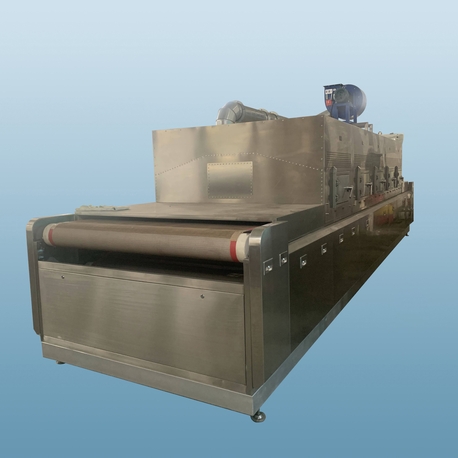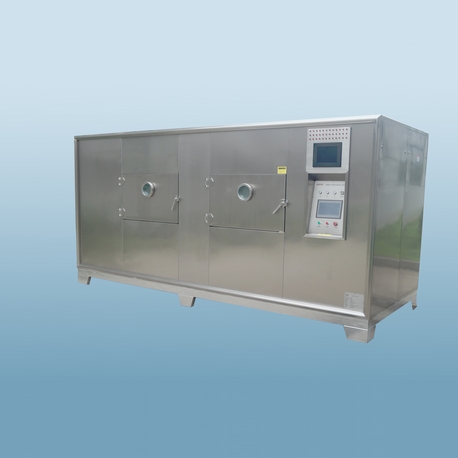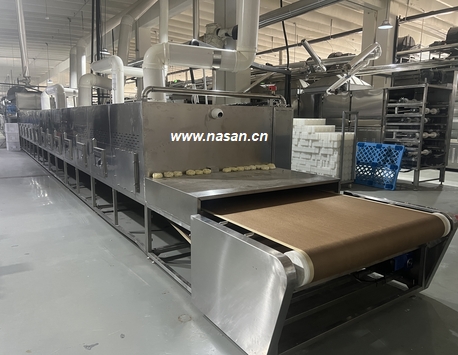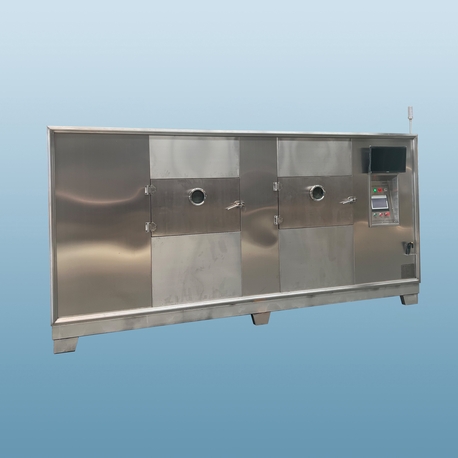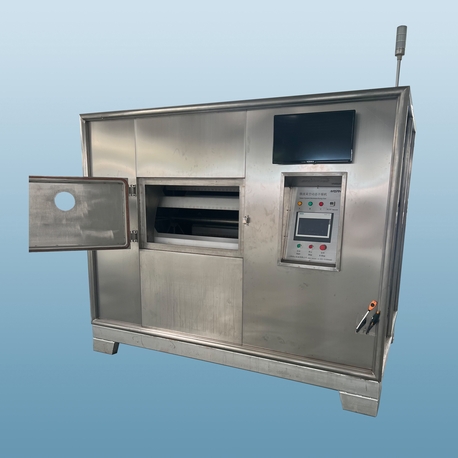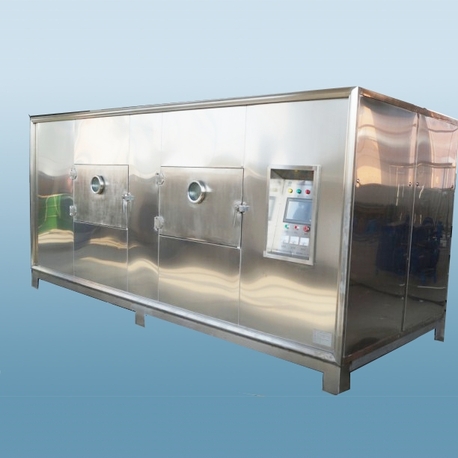In the world of food preservation, the concept of dry fruit vegetable has gained significant traction due to its ability to extend shelf life, reduce waste, and enhance nutritional value. This process involves removing moisture from fruits and vegetables using specialized equipment, making them lightweight, durable, and ideal for storage, transport, and consumption. As the demand for healthy, long-lasting food products rises, industries are increasingly turning to advanced technologies like industrial fruit dryer systems, industrial food dehydrator units, and vegetable drying equipment to streamline production. However, navigating the complexities of these systems, including understanding the industrial vegetable dryer price, can be challenging. This article delves into the essentials of dry fruit vegetable processing, exploring the equipment involved, cost considerations, and common problems faced by businesses. Whether you're a food manufacturer, farmer, or entrepreneur, this comprehensive overview will provide valuable insights into optimizing your drying operations.
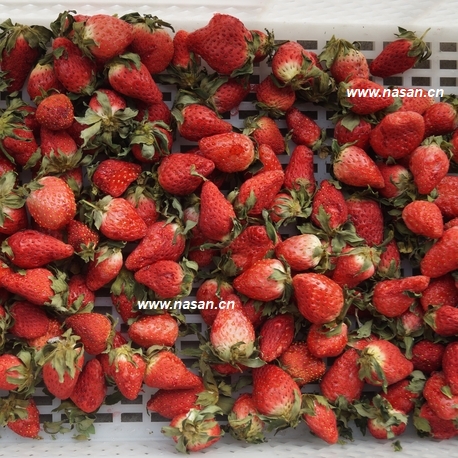
What Is Dry Fruit Vegetable and Why Is It Important?
Dry fruit vegetable refers to fruits and vegetables that have undergone a dehydration process to remove most of their water content, resulting in a preserved product that retains much of its nutritional value, flavor, and texture. This method has been used for centuries, but modern advancements have made it more efficient and scalable. The importance of dry fruit vegetable lies in its numerous benefits: it reduces food spoilage, minimizes transportation costs due to lighter weight, and provides a convenient, year-round supply of nutritious foods. In industrial settings, the use of an industrial fruit dryer or industrial food dehydrator ensures consistent quality and high throughput, catering to global markets. Additionally, dry fruit vegetable products are popular in snacks, ingredients for processed foods, and even in emergency food supplies. By investing in proper vegetable drying equipment, businesses can tap into this growing market while promoting sustainability. As we explore further, we'll see how these technologies work and why they're essential for modern food processing.
The Role of Industrial Fruit Dryers in Food Preservation
An industrial fruit dryer is a key piece of equipment in the dry fruit vegetable industry, designed to handle large volumes of fruits like apples, bananas, and berries by efficiently removing moisture through controlled heat and airflow. These dryers operate on principles such as convection, conduction, or radiation, ensuring even drying without compromising the product's quality. For instance, a typical industrial fruit dryer might use hot air circulation to reduce the water activity in fruits, preventing microbial growth and enzymatic reactions that lead to spoilage. This not only extends the shelf life of dry fruit vegetable products but also enhances their concentration of vitamins, minerals, and antioxidants. Compared to traditional sun-drying methods, an industrial fruit dryer offers faster processing times, better hygiene, and the ability to maintain consistent standards—critical for meeting regulatory requirements and consumer expectations. Moreover, these systems are often integrated with automation, allowing for precise temperature and humidity control. This makes them indispensable in large-scale operations where efficiency and product uniformity are paramount. As we move forward, we'll compare different types of dehydrators to give you a broader perspective.
Types of Industrial Food Dehydrators for Efficient Processing
When it comes to processing dry fruit vegetable, various types of industrial food dehydrator units are available, each suited to different needs and scales of production. Common types include tray dryers, tunnel dryers, and spray dryers, all of which fall under the broader category of vegetable drying equipment. Tray dryers, for example, are ideal for batch processing and are often used for delicate fruits and vegetables; they consist of multiple trays where products are spread out and dried using forced air. Tunnel dryers, on the other hand, are continuous systems that transport products through a heated tunnel, making them efficient for high-volume outputs like those in the dry fruit vegetable industry. Another popular option is the vacuum dryer, which operates at low temperatures to preserve heat-sensitive nutrients, perfect for premium dry fruit vegetable products. Additionally, microwave and freeze dryers offer advanced alternatives, though they may come at a higher industrial vegetable dryer price. Each type of industrial food dehydrator has its advantages: for instance, tray dryers are cost-effective for small to medium businesses, while tunnel dryers excel in scalability. Understanding these options helps in selecting the right equipment based on factors such as product type, capacity, and energy efficiency. In the next section, we'll dive deeper into specific vegetable drying equipment to highlight their features and applications.
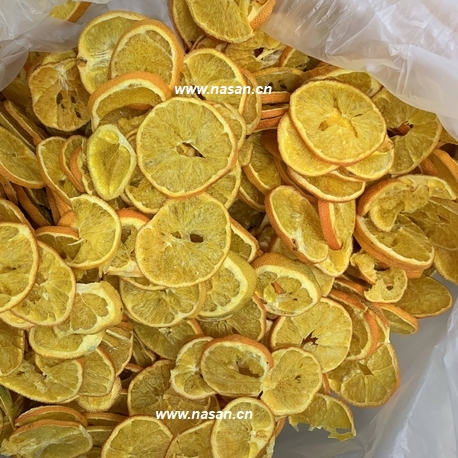
Vegetable Drying Equipment: An Overview of Key Features
Vegetable drying equipment encompasses a range of machines tailored for dehydrating vegetables like carrots, onions, and leafy greens, which are integral to the dry fruit vegetable market. These systems are designed to handle the unique challenges of vegetables, such as high moisture content and varying textures, ensuring uniform drying without loss of color or nutrients. Key features of modern vegetable drying equipment include programmable controls for temperature and time, energy-efficient heat exchangers, and easy-to-clean surfaces to maintain hygiene. For example, a conveyor belt dryer is a common type of industrial food dehydrator used for vegetables, where products move on a belt through drying zones, allowing for continuous operation and consistent results. Another innovative option is the heat pump dryer, which recycles heat to reduce energy consumption—a crucial factor given the rising industrial vegetable dryer price. Additionally, many units come with monitoring systems that track moisture levels in real-time, preventing over-drying or under-drying in dry fruit vegetable production. When choosing vegetable drying equipment, it's important to consider factors like throughput, maintenance requirements, and compatibility with other processing steps. This equipment not only supports the creation of high-quality dry fruit vegetable products but also helps businesses comply with food safety standards. As we explore costs, you'll see how these features impact the overall investment.
Understanding Industrial Vegetable Dryer Price Factors
The industrial vegetable dryer price is a critical consideration for businesses entering or expanding in the dry fruit vegetable sector, as it can vary widely based on several factors. On average, prices range from $10,000 to $100,000 or more, depending on the type, capacity, and features of the equipment. For instance, a basic tray dryer for small-scale dry fruit vegetable processing might cost around $10,000 to $20,000, while a high-capacity tunnel dryer with advanced automation could exceed $50,000. Key factors influencing the industrial vegetable dryer price include the drying technology used (e.g., conventional vs. heat pump), materials of construction (stainless steel for durability), energy efficiency ratings, and additional features like IoT integration for remote monitoring. Moreover, the industrial fruit dryer and vegetable drying equipment often share similar pricing structures, but vegetable-specific models might have modifications for handling denser products, which can affect costs. Other expenses to consider are installation, maintenance, and operational costs such as electricity and labor—these can add 20-30% to the initial industrial vegetable dryer price. It's also wise to compare brands and seek quotes, as market competition can lead to better deals. By understanding these factors, businesses can budget effectively and choose equipment that offers the best return on investment for their dry fruit vegetable operations. In the following section, we'll address common problems that can arise, helping you mitigate risks.
Common Problems in Drying Fruits and Vegetables and How to Solve Them
Despite the benefits of using an industrial fruit dryer or industrial food dehydrator, several common problems can occur in dry fruit vegetable processing, affecting product quality and efficiency. One frequent issue is uneven drying, where some parts of the batch remain moist while others become overly dry; this often stems from improper airflow or loading in the vegetable drying equipment. To solve this, ensure even product spacing and regular calibration of fans and heaters. Another problem is nutrient loss, particularly with heat-sensitive vitamins in dry fruit vegetable products; using lower temperature settings or alternative methods like freeze drying can help preserve nutritional value. Additionally, microbial contamination is a risk if the equipment isn't cleaned properly—implementing strict sanitation protocols and using stainless steel industrial food dehydrator units can minimize this. Energy inefficiency is another concern, especially given the high industrial vegetable dryer price; opting for energy-efficient models or retrofitting with heat recovery systems can reduce costs. Other issues include color fading in dry fruit vegetable items, which can be addressed by pre-treatments like blanching, and mechanical failures in vegetable drying equipment, requiring regular maintenance and spare parts inventory. By proactively identifying and addressing these problems, businesses can enhance the reliability and output of their drying processes, ensuring consistent quality in dry fruit vegetable production.
FAQs about Dry Fruit Vegetable Processing
In this section, we answer some frequently asked questions related to dry fruit vegetable, industrial fruit dryer systems, and vegetable drying equipment to provide clarity for those in the industry.
What is the difference between an industrial fruit dryer and a home dehydrator?
An industrial fruit dryer is designed for large-scale production, with higher capacity, advanced controls, and durability, whereas home dehydrators are smaller and simpler. This makes the industrial vegetable dryer price significantly higher, but it justifies the efficiency and output for commercial use in dry fruit vegetable processing.
How long does it take to dry fruits and vegetables using industrial equipment?
Drying times vary based on the product and equipment; for example, an industrial food dehydrator might take 6-12 hours for fruits and 4-8 hours for vegetables, depending on moisture content and settings. Proper monitoring is key to avoid issues in dry fruit vegetable quality.
What factors affect the industrial vegetable dryer price?
As discussed, factors include capacity, technology type, energy efficiency, and brand. Investing in high-quality vegetable drying equipment can lead to long-term savings in dry fruit vegetable operations by reducing waste and downtime.
Can the same equipment be used for both fruits and vegetables?
Yes, many industrial food dehydrator units are versatile and can handle both, but adjustments in temperature and time may be needed due to differences in texture and sugar content for optimal dry fruit vegetable results.
What are the most common maintenance issues with vegetable drying equipment?
Common issues include clogged filters, worn-out belts, and sensor malfunctions. Regular cleaning and scheduled inspections of industrial fruit dryer systems can prevent these, ensuring smooth dry fruit vegetable production.
In summary, the dry fruit vegetable industry offers immense opportunities for growth and innovation, driven by advanced equipment like industrial fruit dryer systems, industrial food dehydrator units, and specialized vegetable drying equipment. Understanding the industrial vegetable dryer price and associated factors is crucial for making informed investments, while addressing common problems ensures sustained efficiency and product quality. As consumer demand for healthy, convenient foods continues to rise, leveraging these technologies can help businesses stay competitive and sustainable. By focusing on best practices and continuous improvement, the future of dry fruit vegetable processing looks promising, with potential for further advancements in automation and energy efficiency. We hope this article has provided valuable insights and practical guidance for your endeavors in this dynamic field.



